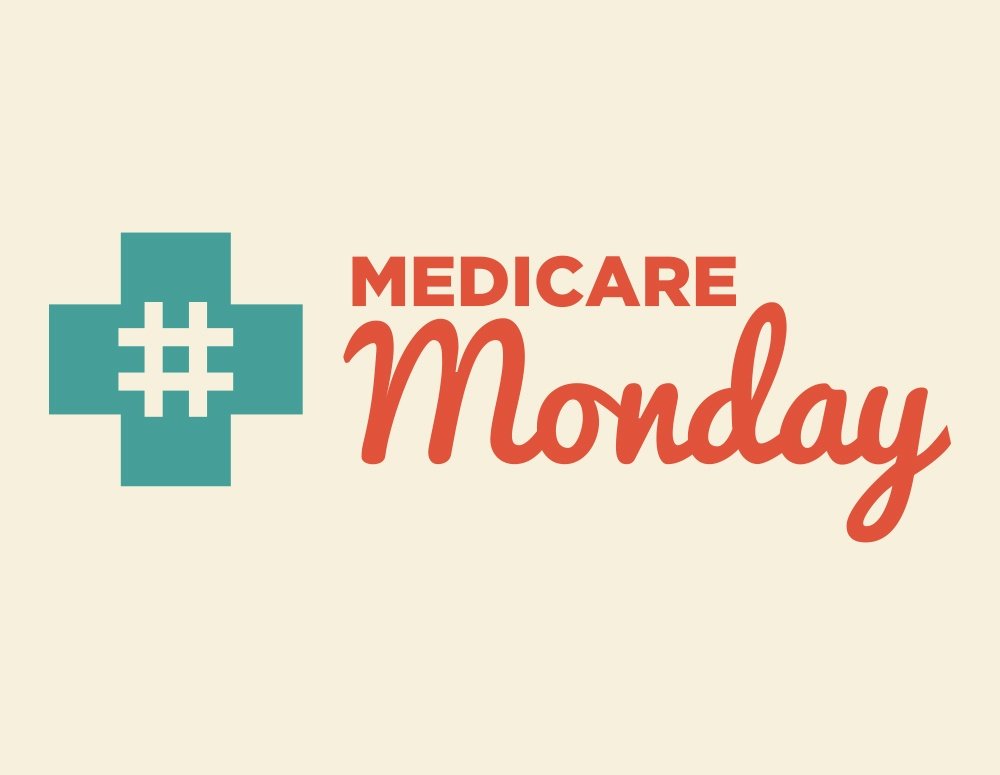Medicare Monday: Why imposing Medicaid-style rebates in Part D is a bad idea
Why imposing Medicaid-style rebates in Medicare Part D is a bad idea.

Medicare Monday: Why imposing Medicaid-style rebates in Part D is a bad idea.
Why imposing Medicaid-style rebates in Medicare Part D is a bad idea.

Medicare Monday: Why imposing Medicaid-style rebates in Part D is a bad idea.
We’ve talked a lot about how repealing the non-interference clause in Medicare Part D would negatively impact beneficiaries. But there are other proposals to fundamentally alter the structure of Part D that would cause just as much harm to beneficiaries. Today, let’s look at one: Imposing mandatory Medicaid-style rebates on low-income utilization in Part D.
Imposing Medicaid-style government price setting in Part D would raise beneficiary premiums and could limit access to needed medicines through higher cost sharing and narrower formularies. It could even curtail investment in research and development needed to discover new treatments, costing jobs that are supported by the biopharmaceutical industry. The nonpartisan Congressional Budget Office found that a Medicaid-style rebate in Part D would reduce incentives to create new medicines, “particularly drugs for which a large share of users would be Medicare beneficiaries.” This could stifle potential breakthrough discoveries to treat Parkinson’s, arthritis, osteoporosis and other diseases that disproportionately affect the elderly.
Those who support this policy frequently overlook the robust competition and negotiation that already exists in the program. Evidence shows that Part D plans receive an average 35.3 percent discount from manufacturer list prices in key therapeutic areas, including supply chain discounts and negotiations with Part D plans. On top of that, the Medicare Trustees consistently confirm that rebates negotiated for brand medicines in Part D are substantial and that average rebate levels have increased each year of the program.
In case you missed it, nearly 400 groups across the health care industry sent a letter to Congress last session opposing this exact proposal.
Since its creation, Part D has provided beneficiaries with affordable access to comprehensive prescription drug coverage. Undermining the program’s competitive structure and increasing costs for beneficiaries would be a step in the wrong direction.
For more information on Part D, visit: PhRMA.org/PartD.